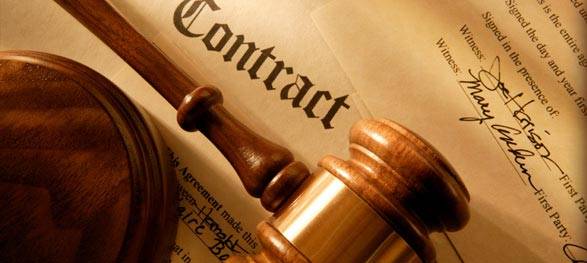Drunk and Disorderly
In Ohio, people commit the crime of disorderly conduct by:
- while intoxicated, engaging in conduct that risks harm to themselves, others, or other’s property, or
- while intoxicated in a public place (or in the presence of two or more people), engaging in conduct that is likely to offend, inconvenience, scare, or annoy others.
(Ohio Rev. Code § 2917.11.)
For example, a diner in a restaurant who becomes belligerent and starts yelling obscenities at people after drinking too much could be convicted of disorderly conduct, as could a group of drunken college students who are caught swimming in a dangerous quarry at night.
In contrast, a couple who get drunk and pass out in their own home are not guilty of any crime so long as their behavior does not pose a risk to themselves or anyone else.
Similarly, people cannot be convicted of disorderly conduct for merely sleeping or sitting in a parked car while intoxicated. Of course, people who operate a motor vehicle while intoxicated can be convicted for driving under the influence (DUI).
Aggravated disorderly conduct
Disorderly conduct is punished more severely if:
- the defendant continues the conduct after being asked or warned to stop
- the conduct occurs at or near a school
- the conduct occurs in the presence of law enforcement officer, firefighter, medical personnel, or any person responding to an emergency.
(Ohio Rev. Code § 2917.11.)
Protective Custody and Treatment
A person who appears to be intoxicated or an alcoholic and who would benefit from alcohol treatment may be taken into protective custody under certain circumstances.
Instead of making an arrest, a police officer may take a person who is drunk and disorderly to an alcohol and drug treatment program for up to 48 hours. The person must be released if he or she wants to leave.
A judge can place a person charged with any misdemeanor in an inpatient treatment program for up to five days. If the person is charged with disorderly conduct, the judge can dismiss the charge contingent on the defendant successfully completing treatment.
A judge can also order a person convicted of being drunk and disorderly, driving under the influence, misdemeanor domestic violence, or violating a protective order into alcohol treatment as part of the defendant’s sentence. The ordered treatment cannot last longer than the defendant’s maximum possible term in jail or prison.
(Ohio Rev. Code § 2935.33.)
Punishment
Disorderly conduct is a minor misdemeanor, punishable by a fine of up to $150. Aggravated disorderly conduct is a misdemeanor in the fourth degree, punishable by up to 30 days in jail and a fine of up to $250.
(Ohio Rev. Code §2929.24, §2929.28.)
Obtaining Legal Assistance
If you are charged with disorderly conduct, you should contact an Ohio criminal defense attorney. An attorney can tell you how your case is likely to fare in court, based on the facts and the assigned judge and prosecutor. With an attorney’s help, you can hopefully achieve the best possible outcome in your case.
If you do find yourself in a situation like this, please do not hesitate to contact our office at (419) 353-SKIP to schedule a confidential consultation. We are available 24/7 and are happy to assist you with your legal needs.
SOURCE: http://www.criminaldefenselawyer.com/resources/ohio-public-intoxication-laws.htm#





